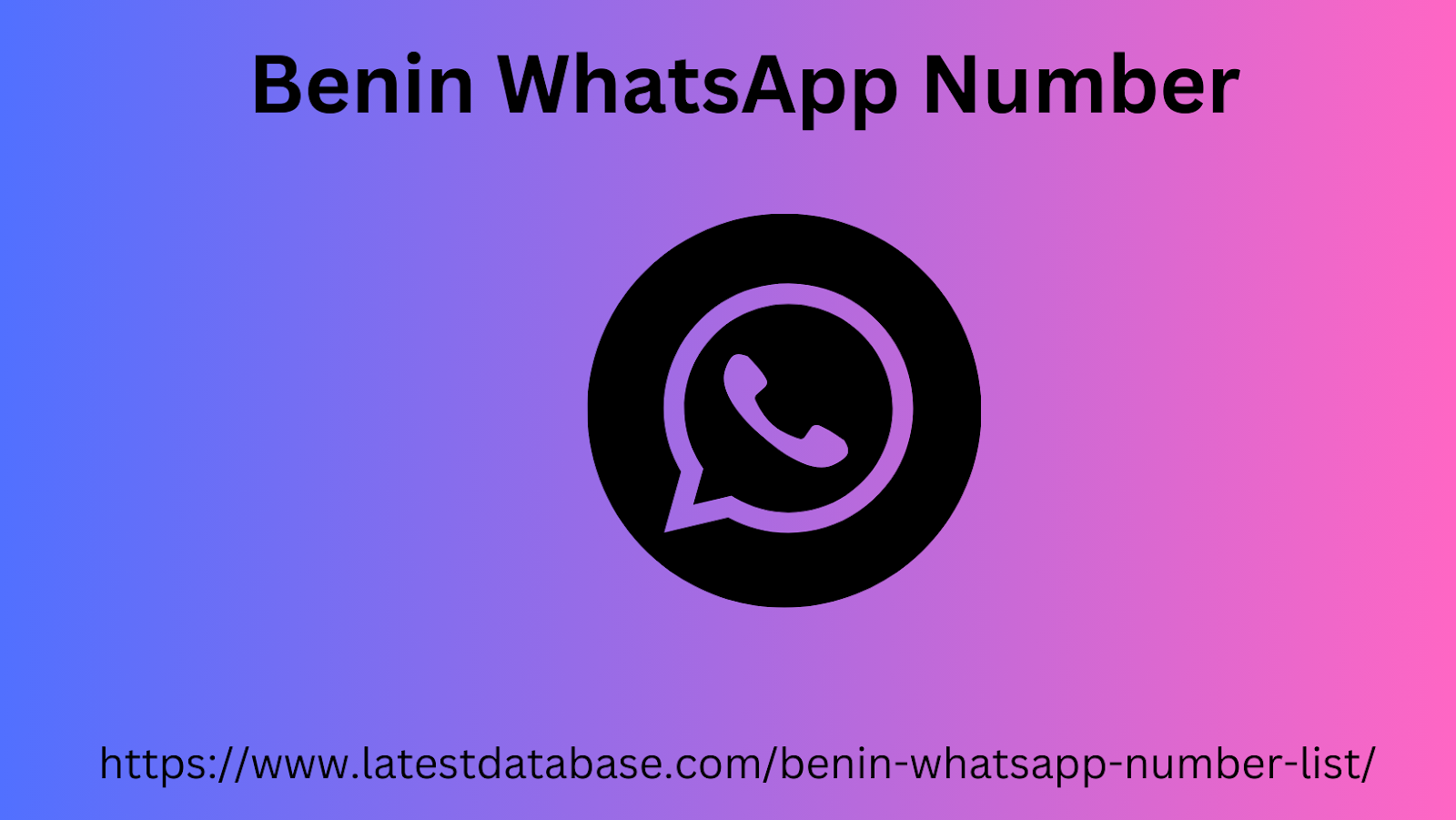|
|
Have many automatically fall under the “low search volume” category. Google AdWords states that low search volume keywords “will be inactive until its search traffic increases” which means that super-niche keywords are a waste of time, essentially deadweight stuffed within an ad group. Some niche keywords will occasionally get clicks, but if there aren’t enough clicks overall, then the results around that keyword aren’t statistically significant and it’s a shot in the dark as to what bid to set. These niche keywords also deflect clicks from phrase and broad match keywords.
Which means that they have less historic data to base bids on. too many Benin WhatsApp Number ppc keywords Don’t waste your time with keyword lists like this! Ideally you should set exact match keywords for high volume search terms accompanied with similar broad match keywords to handle longer, unknown or unique search queries around that topic. Any search queries that have enough data behind them can be separated out into their own exact and broad match keyword, or even better: these stand-out keywords can form a new ad group to improve Quality Scores with a closely matching ad and/or landing page.

Too Skinny Product Groups For Google and Bing Shopping campaigns, you can subdivide all products by brand, type, item ID, etc. and place an individual bid on each product group. It’s a great idea to break product groups into niche groups, as different groups of products can have different prices, margins and conversion rates and you’ll want to adjust bids accordingly. too many ppc product groups How should you break down shopping campaign product groups? Issues arise when product groups are broken down into tiny groups and become too skinny in terms of historic user data. If a product group has only had a handful of clicks, then it’s impossible to tell what the ideal maximum cost-per-click bid for that group should be,
|
|